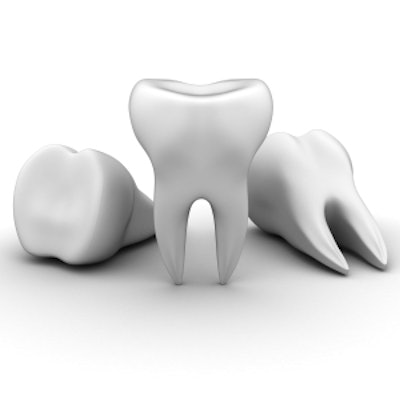
Participating in interprofessional education (IPE) programs can help pediatric nurse practitioner students change oral health behaviors and prevent dental problems in patients, according to a new study.
These students improved their overall oral health knowledge, awareness, confidence, and attitude after completing an interprofessional education program program, researchers reported in BMC Oral Health (August 1, 2019).
This program allows students from different professional training groups to learn together so they can provide safer, patient-focused care.
Supporters of these programs, which include the World Health Organization, the Institute of Medicine, and the American Public Health Association, believe they help practitioners communicate better, improve quality of care, reduce patients' costs and hospital lengths of stay, and cut down on medical mistakes.
Since few studies that evaluate interprofessional educations in the oral health field exist, researchers conducted a pilot study to measure the impact these programs can have on oral health education and assess their potential to assist nurse practitioners in improving pediatric oral health outcomes.
Researchers from Tufts University School of Dental Medicine in Boston conducted the study, which included 16 first-year pediatric nurse practitioners from Northeastern University, also in Boston. During the spring term of 2016, these students participated in an interprofessional education program, an oral health education seminar, and a practical session. The median age for participants was 33 and most were women.
Following the program, student assessments showed that participants improved their overall health knowledge with 100% of participants answering questions correctly about children's first dental visits, bacteria causing tooth decay, age of referral, and population group risk. Participants also showed significant improvement in their awareness of oral habits, examination of teeth, fluoride intake, dental counsel, and baby bottle use during and after the program.
This was accompanied by improved confidence in the students' abilities to identify teeth with cavities, plaque, and enamel demineralization. Their ability to apply fluoride varnish also improved, the researchers found.
The study did have limitations, including its small sample size and short follow-up period. Though the pool of pediatric nurse practitioners was small, all the students participated. The researchers plan to conduct a longer follow-up study in the future.
Oral health is linked to several systemic diseases, the study authors noted. Having oral health knowledge, awareness, and confidence can help pediatric nurse practitioners prevent dental issues from complicating disease treatment or causing new medical conditions, they concluded.
"IPE may provide nurse practitioners and other nondental healthcare providers the adequate motivation, confidence, and attitude regarding oral health issues," wrote the authors, led by Azita Khanbodaghi, DMD, of the department of pediatric dentistry at Tufts University School of Dental Medicine. "The program is raising the importance of oral health components in nursing programs and ... nondental professionals, and in a referral system between pediatric nurse practitioners with pediatric/general dentists."



















